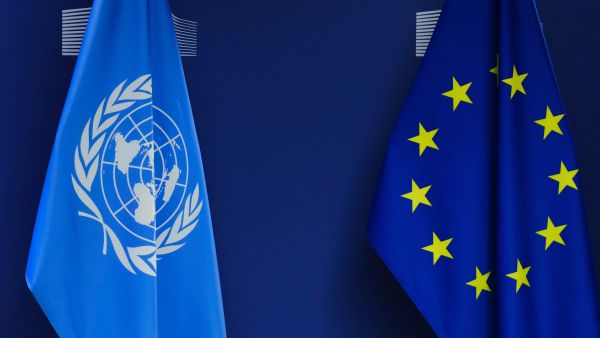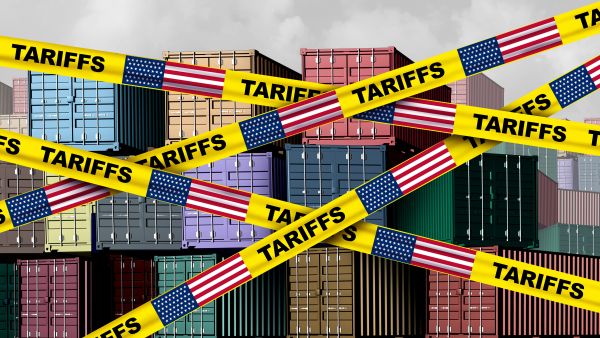The Socialists and Democrats have today led a cross-party majority calling on the Commission to adopt binding rules for socially responsible practices in the global supply chains in the garment and footwear sector. The legislative proposal aims at improving human and labour rights in supply chains in line with the sustainable development goals (SDGs), as well as at combatting corruption.
S&D Group negotiator Arne Lietz MEP, stated:
“Trade and development policy have to be tackled coherently. In this report we are living up to the SDGs and have to incorporate them into every policy decision that we make on supply chains.”
“I have called for the initiative report, because the Commission took too long to deliver its EU flagship initiative on the garment sector. Now, we as the Parliament go even beyond that and are asking for binding legislation on due diligence obligations for supply chains in the garment sector.”
“We are also calling on the EU institutions and the member states to be a positive role model and to respect sustainable criteria in their public procurement, including merchandising of the institutions and of political groups in the case of the European Parliament, promote recycling and a fair and sustainable garment supply chain.”
S&D MEP Linda McAvan, EP chair of the committee on development, said:
“Four years ago when the collapse of Rana Plaza killed and injured thousands of workers, the majority of whom were women, a light was cast on the abusive working conditions in the global garment supply chain. Since then, S&D MEPs have led the campaign for a new EU initiative to ensure fairness for all at every level of the textile supply chain.”
“This report is a step in the right direction in setting out a coherent European strategy, linking trade and development to align with the SDGs, but further steps are still needed to ensure bigger improvements in this industry. It's a simple request – to expect that the workers who have made the clothes we buy and wear every day, have been treated with dignity and respect.”
S&D Group spokesperson on development, Nobert Neuser MEP, said:
“Government, but also the garment industry worked a lot on working conditions. This is a good start, but improvement is needed. For instance, unannounced controls and measures combatting corruption have to be introduced. Furthermore, trade unions have to be accepted in order to develop decent working conditions.”
S&D MEP Agnes Jongerius, member of the committee on international trade (INTA) added:
“We are now at the stage where real progress on labour law has to be made in many ready-made garment exporting countries or they could stand to lose vital market access. The EU should use all the influence it can exert through the European Banking Authority and the Generalised Scheme of Preferences+ clauses to get these countries moving. The Commission has made an important step by officially warning the government of Bangladesh in recent letter, but the pressure needs to be kept on.”








